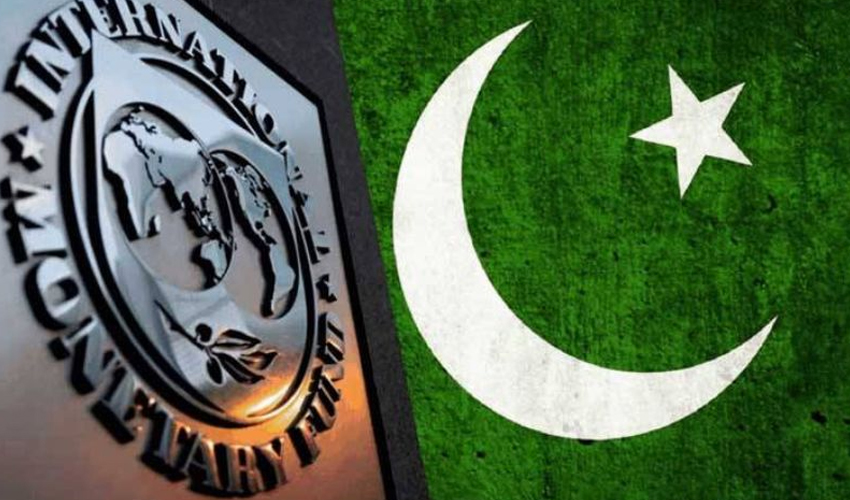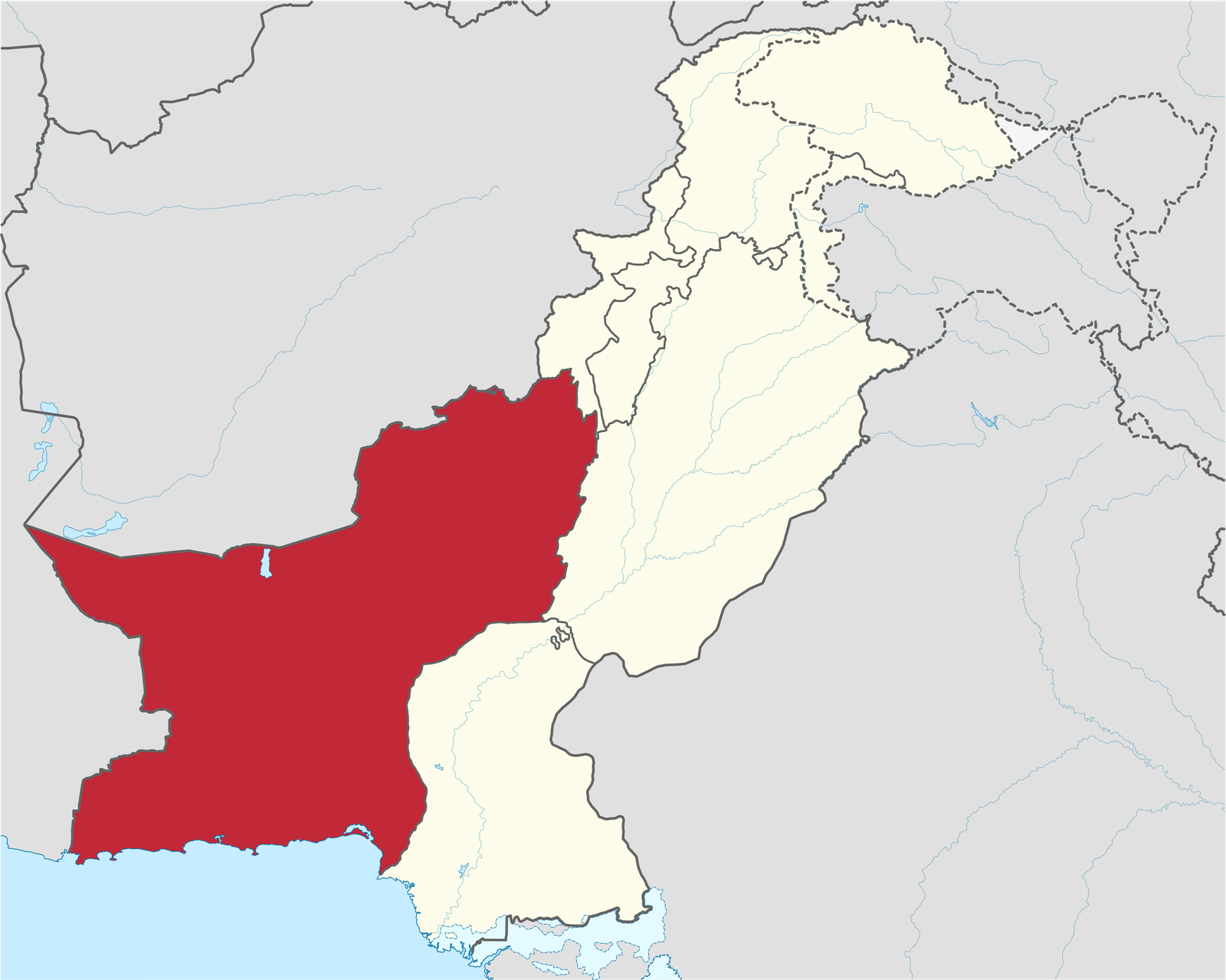Zafar Iqbal
Pakistan has lived under IMF supervision for decades, returning again and again whenever the economy edges toward collapse. Each rescue comes with strict fiscal discipline and deep structural reforms. These measures are necessary because Pakistan’s tax system is weak, its energy sector is leaking, governance is fragmented and public finances remain chronically mismanaged. Yet these same reforms hit the poorest hardest, creating political backlash and economic pain. The real danger, however, is not the cost alone. It is the growing possibility that the IMF may soon be unable to rescue countries like Pakistan as global liquidity shrinks. In a world where more nations are lining up for bailouts, and where global capital is tightening, indefinite external support cannot be guaranteed.
This was the main message delivered at a recent Standard Chartered Bank roundtable. Eric Robertsen, the bank’s global head of research, warned that the era of easy global money is ending. For Pakistan, this means the current IMF programme must be seen as the last opportunity to undertake sweeping reforms. The country must build the capacity to stabilise its economy without relying on external bailouts. But while the advice is logical, the political reality is far more complex.
Follow Republic Policy YouTube
Pakistan’s ruling class has never implemented serious reforms voluntarily. Vested interests benefit from weak taxation, poorly managed energy systems, inflated subsidies and an opaque regulatory environment. Tough reforms require confronting these interests. That confrontation rarely happens unless the IMF forces it. Historically, governments have acted only when the economy is near collapse, and when the need for funds leaves no choice. Pakistan has not pursued reform by ambition — it has pursued reform by compulsion. Follow Republic Policy on X
Political expediency is central to this failure. Leaders avoid unpopular decisions because they fear losing support. The IMF programme then becomes a convenient shield. When electricity prices rise or taxes are increased, governments blame the IMF instead of acknowledging their own mismanagement. In this way, the IMF becomes both a crutch and a scapegoat. It enables rulers to impose discipline while allowing them to shift responsibility elsewhere.
Follow Republic Policy Facebook
A second layer complicates the situation: bilateral lenders like China, Saudi Arabia and the UAE no longer extend major support unless Pakistan is under IMF monitoring. Their message is simple. Pakistan cannot be trusted to maintain fiscal discipline unless an external authority is watching. This reflects global concerns about Pakistan’s policy inconsistency and weakness in governance. IMF oversight, therefore, becomes a signal to the world that Pakistan’s economy is being managed responsibly — even when domestic reforms are halfway done or poorly implemented.
Even today, the stability Pakistan is experiencing is partly the result of favourable global liquidity, not deep structural change. Although some reforms have taken place, they remain limited in scale and slow in pace. The underlying weaknesses remain: a narrow tax base, costly state-owned enterprises, circular debt, and a heavy reliance on indirect taxes that punish the poor. Whenever global liquidity tightens, Pakistan slips quickly into crisis, repeating the familiar cycle of boom and bust.
Follow Republic Policy Instagram
Despite these challenges, Pakistan cannot remain dependent on IMF programmes forever. Sooner or later, the world’s lenders may not be able to support us at the scale needed. Therefore, the political class must recognise that escape from IMF dependency is not a political slogan — it is a survival requirement. Times of abundant liquidity should not be wasted on reckless spending or short-term politics. They should be used for genuine structural transformation: tax reforms that bring powerful groups into the net, energy reforms that eliminate circular debt, and governance reforms that strengthen institutions instead of personalities.
Follow Republic Policy WhatsApp Channel
Pakistan’s path forward must be based on internal discipline, not external pressure. Real sovereignty begins with economic independence. And economic independence begins with a leadership willing to reform not because it is forced to, but because it understands that no nation thrives on borrowed time and borrowed money. The IMF can guide reforms. It cannot create political courage. That responsibility lies entirely within Pakistan itself.
















